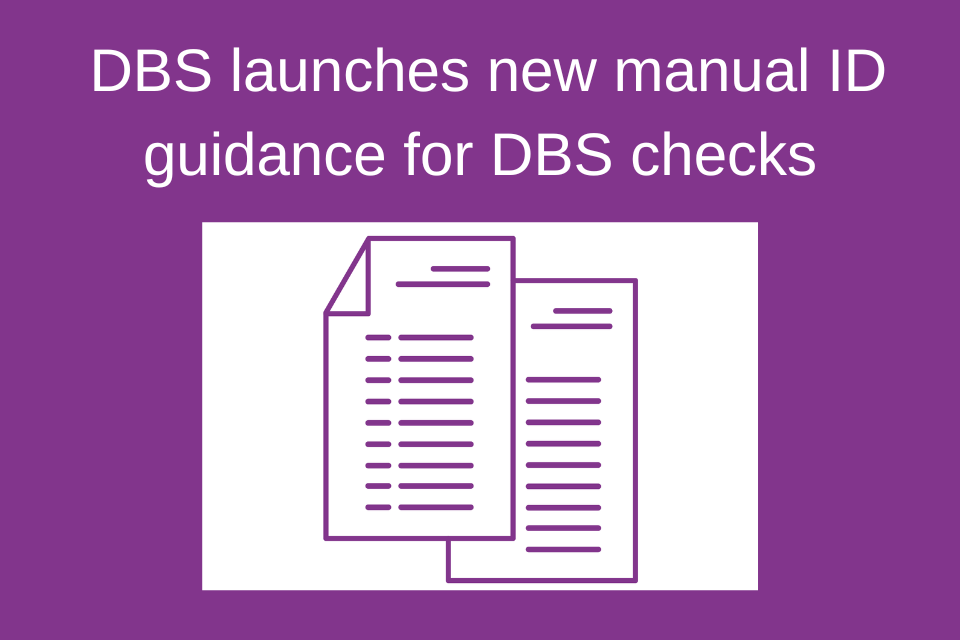The Medicines and Healthcare products Regulatory Agency (MHRA) has approved the medicine marstacimab (Hympavzi) to prevent or reduce bleeding in patients 12 years of age and older weighing at least 35kg with haemophilia A and B. This medicine is the first of its kind to work by targeting a protein in the blood clotting process.
Haemophilia A and B are inherited bleeding disorders caused by a lack of factor VIII (haemophilia A) or factor IX (haemophilia B) which are proteins required for blood to clot and to stop bleeding.
Some patients with haemophilia can develop factor VIII or factor IX inhibitors (antibodies in the blood that act against replacement factor VIII or factor IX medicines and prevent them from working properly). Marstacimab is used in people who have not developed inhibitors (proteins made by the body’s natural defenses) against factor VIII or factor IX.
Marstacimab recognises and attaches to TFPI, a protein that prevents blood from clotting too much and decreases how well it works. This promotes the formation of thrombin (a protein that plays a crucial role in blood clotting when there is an injury or damage to the body) and therefore helps to increase clotting and stop bleeding in patients with haemophilia.
Julian Beach, MHRA Interim Executive Director, Healthcare Quality and Access, said
Keeping patients safe and enabling their access to high quality, safe and effective medical products are key priorities for us.
This new type of treatment demonstrates our commitment to enabling access to safe, innovative and effective medicines. We’re assured that the appropriate regulatory standards for the approval of this medicine have been met.
As with all products, we will keep its safety under close review.
Marstacimab is given as an injection under the skin once weekly, using a pre-filled syringe or pen. Patients or carers can inject the medicine themselves after appropriate training.
This approval is supported by evidence from a main study that evaluated marstacimab in 116 adults and adolescents 12 years and older with severe haemophilia A or B without inhibitors. In the study, marstacimab significantly reduced the annualized bleeding rate (ABR) for treated bleeds during the 12-month active treatment period, demonstrating non-inferiority and statistical superiority compared to routine factor-based prophylaxis.
The most common side effects of the medicine (which may affect more than 1 in 10 people) are headache, high blood pressure and itching (pruritus).
As with any medicine, the MHRA will keep the safety and effectiveness of marstacimab under close review. Anyone who suspects they are having a side effect from this medicine are encouraged to talk to their doctor, pharmacist or nurse and report it directly to the Yellow Card scheme, either through the website (https//yellowcard.mhra.gov.uk/) or by searching the Google Play or Apple App stores for MHRA Yellow Card.
ENDS
Notes to editors
-
The new marketing authorisation was granted on 17 April 2025 to Pfizer Limited.
-
More information can be found in the Summary of Product Characteristics and Patient Information leaflets which will be published on the MHRA Products website within 7 days of approval.
-
For more information about haemophilia, visit https//www.nhs.uk/conditions/haemophilia/
-
The Medicines and Healthcare products Regulatory Agency (MHRA) is responsible for regulating all medicines and medical devices in the UK by ensuring they work and are acceptably safe. All our work is underpinned by robust and fact-based judgements to ensure that the benefits justify any risks.
-
The MHRA is an executive agency of the Department of Health and Social Care.
-
For media enquiries, please contact the [email protected], or call on 020 3080 7651.






